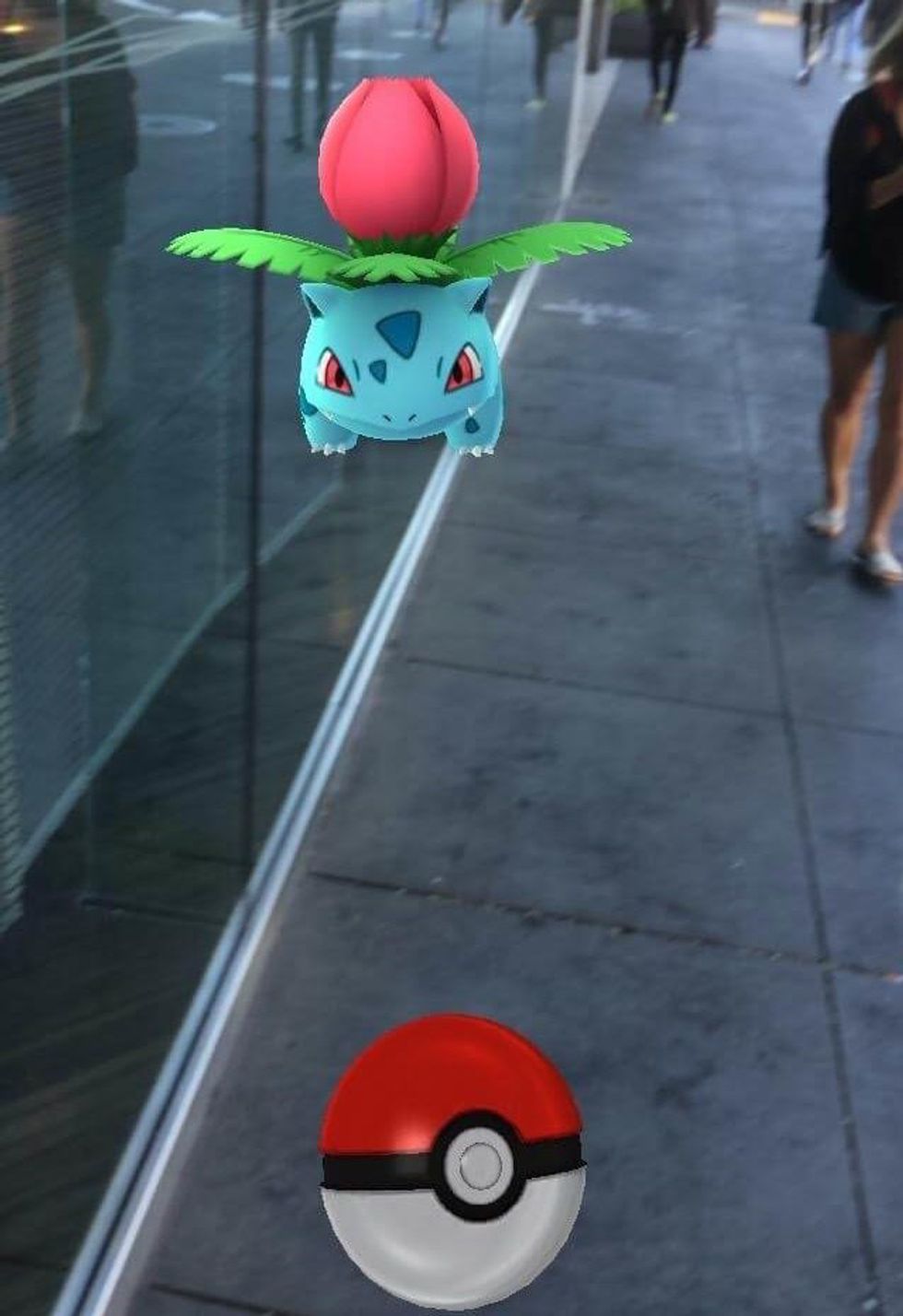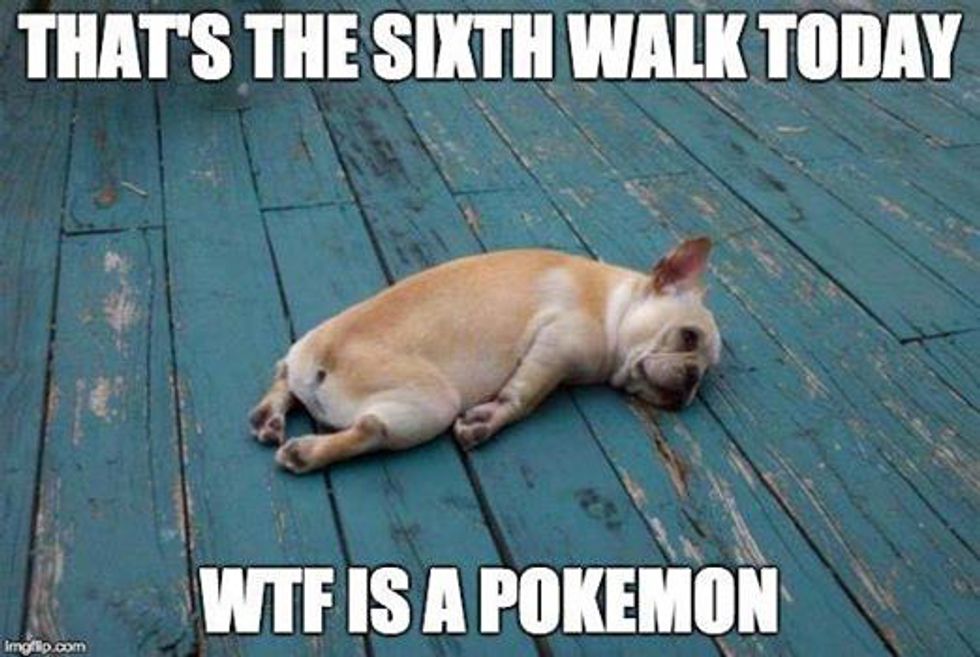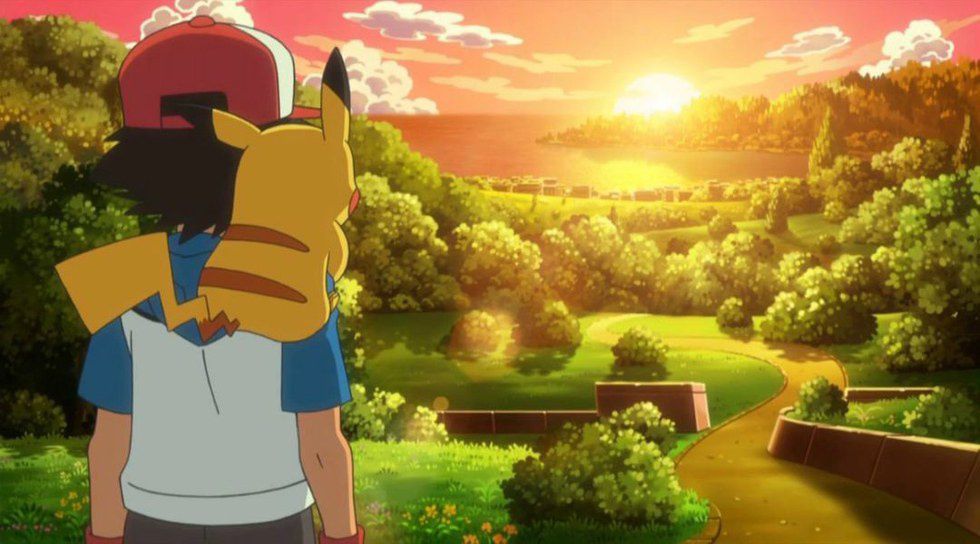It’s all anyone and everyone is talking about. Aspiring Pokémon masters around the world are flocking together at train stations, parks, and shopping centers to stalk and capture their next Squirtle or Bulbasaur that is hiding somewhere throughout the planet.
John Hanke and his team from Niantic launched Pokémon GO on July 6 in the USA, Australia and New Zealand. Since the game’s launch in just three countries, Nintendo’s share price has rapidly risen to $12 billion, while the app continues to generate over $2 million each day from in-app purchases. The number of daily active users has surpassed that of Snapchat and Tinder, and is set to soon overtake Twitter. Essentially, Pokémon GO has become a social media phenomenon and may even be more prevalent than our previously neurotic attachment to Candy Crush.
While pessimists may argue that this mobile game has caused a further social dissension with reality, I predict the opposite to be true. This game is the first video game that actually requires you to step outside of your house and explore the world. It may even bring the permanent solution to the obesity epidemic in our country.
Entertainment in this country is becoming more and more sedentary. A few popular children’s hobbies include watching TV, playing video games, eating Doritos, and being glued to a luxurious couch all at once. John Hanke, the CEO behind Pokémon GO explains that the game encourages people to see the world in a different light. By disregarding sedentary behavior that is typical of a video game, Pokémon GO “gives you a little nudge” to get out and see the interesting things around the neighborhood, turning real-life landmarks into Pokéstops and Gyms where players can battle and power-up. Imagine a young teen, house potato, gamer, Xbox Live champion, emerging from their sarcophagus to find the sunshine and fresh air. This is what Pokémonis bringing to our society.
The fact is that humans require physical activity to live a healthy lifestyle, but when was the last time you went for a run for the fun of it? That’s right, never. You run because you’re scared of what will happen if you don’t run. You run to avoid death.
Pokémon GO was designed in a similar way to the Nintendo Wii with the idea to get people active and moving. Since the Wii peaked around last decade, many poor white devices now lie buried under storage and a layer of dust. The launch of Pokémon GO has brought a renewed sense of awareness regarding our health, but unlike many of the mainstream fitness apps, the game provides you with the promise of exciting new Pokémon as rewards for your efforts. There is neither pressure nor obligations, but the game’s outings give people a reason to get active and spend time together. By motivating people to explore their neighborhood, “Pokémon GO can make your life better in some small way,” Hanke says.
Influxes of visitors have assembled at businesses with nearby Pokéstops, while “hundreds of thousands” of people have visited National Parks and museums throughout the United States in search of new, frivolous cartoon monsters. Some establishments have even considered purchasing lures in the game to attract players onto their property. Only ten days have passed since the release of Pokémon GO, yet humans are now consumed with this augmented reality, not willing to stop until they catch them all.





















